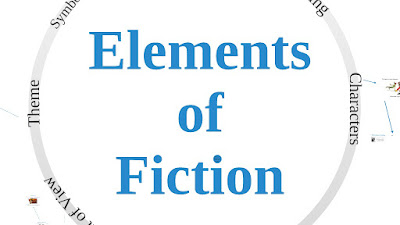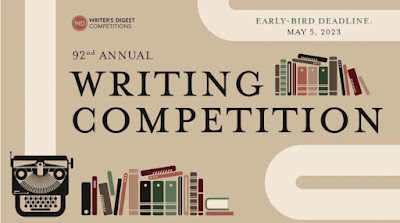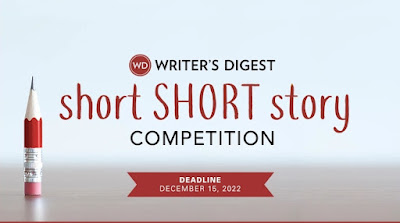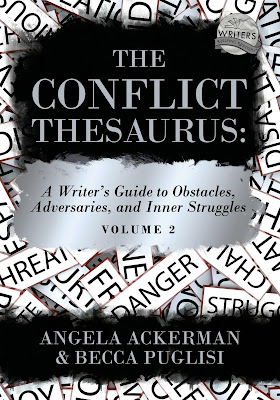The Study of a Novel
by Selden Lincoln Whitcomb
FOREWORD BY OLIVIA SALTER
In the realm of literature, few pleasures compare to the immersive experience of delving into a well-crafted novel. Through the pages of a novel, we are transported to distant lands, introduced to captivating characters, and invited to explore the depths of the human experience. The power of storytelling lies not only in its ability to entertain but also in its potential to enlighten, provoke thought, and ignite our imaginations.
"The Study of a Novel" by Selden Lincoln Whitcomb is a remarkable exploration into the artistry and significance of the novel as a literary form. Whitcomb, a distinguished scholar and dedicated reader, brings his vast knowledge and deep appreciation for literature to unravel the layers of meaning within a novel, inviting readers on a thought-provoking journey that stretches the boundaries of interpretation.
With meticulous attention to detail, Whitcomb dismantles the traditional notions of how we approach novels and presents a fresh perspective that encourages readers to discover the hidden subtleties and intricacies within the text. He advocates for a multidimensional examination of novels, urging readers to delve beyond surface-level analysis and truly immerse themselves in the depths of the narrative.
Throughout this book, Whitcomb skillfully dissects various novels from a range of genres, each offering its own unique insights into the human condition. From the classic works of Dickens and Austen to the experimental prose of Joyce and Woolf, Whitcomb deftly navigates the vast literary landscape, illuminating the ways in which these novels have shaped our understanding of the world.
"The Study of a Novel" is not merely a guide for literary enthusiasts; it is an invitation to embrace literature as a powerful tool for intellectual and emotional growth. Whitcomb's passion for literature is contagious, and his guidance empowers readers to engage deeply with novels, encouraging them to question, analyze, and ultimately form their own interpretations.
As readers immerse themselves in the pages of this book, they will discover that the study of a novel is not limited to the classroom or to scholarly pursuits alone. Rather, it is a lifelong journey of exploration and self-discovery, a journey that has the potential to transform and enrich our lives in countless ways.
It is with great pleasure that I introduce "The Study of a Novel" by Selden Lincoln Whitcomb. May this insightful and thought-provoking work serve as a guiding light for all those who seek to unlock the profound depths of literature and explore the boundless possibilities that lie within the pages of a great novel.
Olivia Salter
11/18/2022
Contents
PREFACE INTRODUCTION CHAPTER I
1
Significance of External Structure
2
Characteristics of Novelistic Structure
3
The Whole Composition
4
The Title
5
Length of Composition
6
Principal Divisions of a Novel
7
Volume Part and Book
8
Direct and Indirect Characterization
100
Relation to the Author
101
Reality and Ideality
102
Individuals and Types
104
Social Groups
105
47
106
Psychological Groups
107
91
112
The Chapter
9
The Paragraph
10
Minor Divisions 12 Prose and Verse
12
Dramatic and Nondramatic Form
13
Nondramatic Form
14
Dialogic Form in General
15
Soliloquy and Monologue
16
Duologue
17
Group Conversation Conversation
18
Concerted Speech
19
Documentary Form in General
20
Epistolary Form
21
Syntax
22
Vocabulary
23
Phonology
27
Significance of Consecutive Structure 26 Sequence 27 The Principal Masses 28 Sequence of Dramatic and Nondramatic Masses
28
Beginning Middle and
29
Movement and Situation
30
15
31
The Scene
32
Episode
33
Lines of Interest
34
The Line of Emotion
35
Points
36
Mass in Momentum
37
The Rate of Movement
38
20
39
Reciprocity
40
Analysis of Simpler Narratives
41
36
42
44
47
Necessity and Ideality of Narrative Plot
48
Action and Narration
49
Story 46 Story and Plot
51
The Plot Proper
52
The Single Action
53
Sequence of Simple Narratives
56
22
57
The Climax 52 The Catastrophe
58
Generalized Statement of Plot
59
Unity of Plot
60
Types of Plot
61
Motivation
62
Motivating Forces
63
The Narrator His Point of View
66
Temporal Point of View
67
Spatial Point of View
69
CHAPTER IV
78
Detailed Time Settings
79
General Place Setting
81
Detailed Place Settings
82
Circumstantial Settings
83
Reality Ideality and Truth
84
Vague and Exact Settings
85
Natural Social and Socialized Settings
86
Author and Dramatis Persona 73 Distribution
88
Further Economy
89
CHAPTER V
91
Number
92
Chapter Distribution 78 Grouping in General
93
Successive Groups
94
Foreground Middleground and Background Characters
96
Central Characters
97
Association of Characters
99
92
113
93
114
94
116
96
118
97
120
Objective and Subjective Aspects
122
Qualities of Style
123
99
124
Value of Style in the Novel
125
The Novelistic Type
126
Novelistic Qualities
127
Comprehensiveness
128
Objectivity
129
CHAPTER VII
130
Complexity
131
Secularity
132
Humor
133
Ideality
134
Historical Period
138
Nature in
144
PAGE
147
Popularity of Fiction
160
Force
165
CHAPTER IX
166
The Germ of the Work
167
The Plan
169
The Sources
170
Volitional Effect
172
The Time Perspective
173
Technic of the Process
174
Psychology of the Process
176
Collaboration 146 Fragments 166 166 167 169 170 173 174 176 180
180
CHAPTER X
181
History
182
The Essay
183
The Lyric
184
48
185
Other Types of Literature
193
CHAPTER XII
218
COMPARATIVE ÆSTHETICS
232
Classification of the Arts 189 Method of Study 190 The Drama 191 Painting 192 Sculpture 193 Music 194 Architecture 195 Landscape Gardening 2...
233
CHAPTER XIV
247
Language as External Material
248
The Value of Form 200 Individuality of a Work of
249
Unity General Design
250
Contrast
252
Proportion
253
The Comic and the Tragic
254
The Beautiful and the Unbeautiful
256
Artistic Truth
257
Artistic Illusion
258
Theories of
260
Theories of the Novel
262
Judgment of a Novel
263
Systematic Analysis of a Novel
265
The Epic
279
67
280
263
283
Notes on the History of Novelistic Criticism
286
Biography
302
102
319
107
321
Copyright
The PDF might take a minute to load. Or, click to download PDF.
If your Web browser is not configured to display PDF files.
No worries, just click here to download the PDF file.
Fiction Writing Tips Book Index Page



.jpg)






